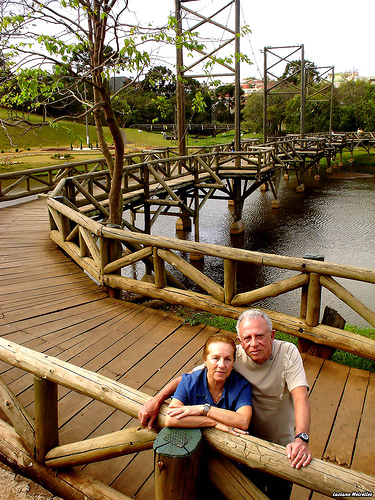
Many Canadians enjoy the tranquility of a cottage. A recent survey from Angus Reid poll of cottage-bound Canadians revealed that 46 per cent were concerned about the taxes.
When an individual dies, assets can be transferred tax-free to her spouse, but when the second spouse dies, his assets are passed on to their children or other heirs, creating a tax bill on the gain.
This tax is paid before the heirs receive anything. An asset like a personal residence is exempt from this type of taxation, but cottages generally won’t be exempt and will be considered a capital asset.
Consequently, it might trigger a capital gains tax liability at death. With the recent real estate boom in Canada, cottages and other vacation properties have increased significantly in value going back to 2010, when cottages close to Canada’s major cities rose by 12 per cent. Many of these properties are now worth significantly more than the original purchase price. At the time of death, 50 per cent of the increased value is subject to taxation. The options to offset this tax are:
1. You can start saving to offset the estimated tax amount.
2. Your heirs can borrow the required funds from a bank.
3. Your estate can sell the asset. This is not an ideal option, especially if it occurs in a down market, as the property is going to have to be sold quickly and could sell at a heavy discount.
4. You can purchase life insurance to cover the tax liability. The advantage of this fourth option is that you can offset a future tax liability with pennies on the dollar.
For more details on how this works, please contact us at 1-866-899-4849 or visit our Whole Life Insurance Instant Quote Page.